The Empty Windows of Laugavegur
Numerous buildings or spaces that used to house stores on Laugavegur, the main shopping street in Reykjavík, are deserted as a result of the COVID-19 pandemic. In recent years, businesses on Laugavegur have increasingly been geared toward tourists and tourist-related services.
Since the pandemic hit in the spring, resulting in travel restrictions worldwide and a major drop in tourist numbers, numerous stores have closed their doors – some temporarily, others for good.
When Morgunblaðið photographer Kristinn Magnússon walked down Laugavegur the other day, from Hlemmur square to Lækjargata, he counted 50 closed businesses, located on the ground floor. Thirty of those were completely empty. This does not include the restaurants and cafés which have closed temporarily.
In 2005, there were as many as 191 stores and services on Laugavegur. In the summer, when they were last counted by Reykjavík City, they were 172. A new official count is planned soon.
While several stores, such as souvenir stores, that appeal to tourists have closed, some have changed their focus by adding selections that appeal to Icelanders as well.
Some stores carrying Icelandic design have changed their location downtown, in some cases by moving into a larger space.
Owners of the café Prikið, Geoffrey Þ. Huntingdon-Williams og Guðfinnur Sölvi Karlsson, launched an initiative late in October called Sköpum líf í lokun , or Creating life during closure, where they do their best to assist artists in getting access to deserted spaces, which they can then use for their creative activity.
This way, they attempt to bring cultural activities to the downtown area and, at the same time, provide use for the empty spaces.

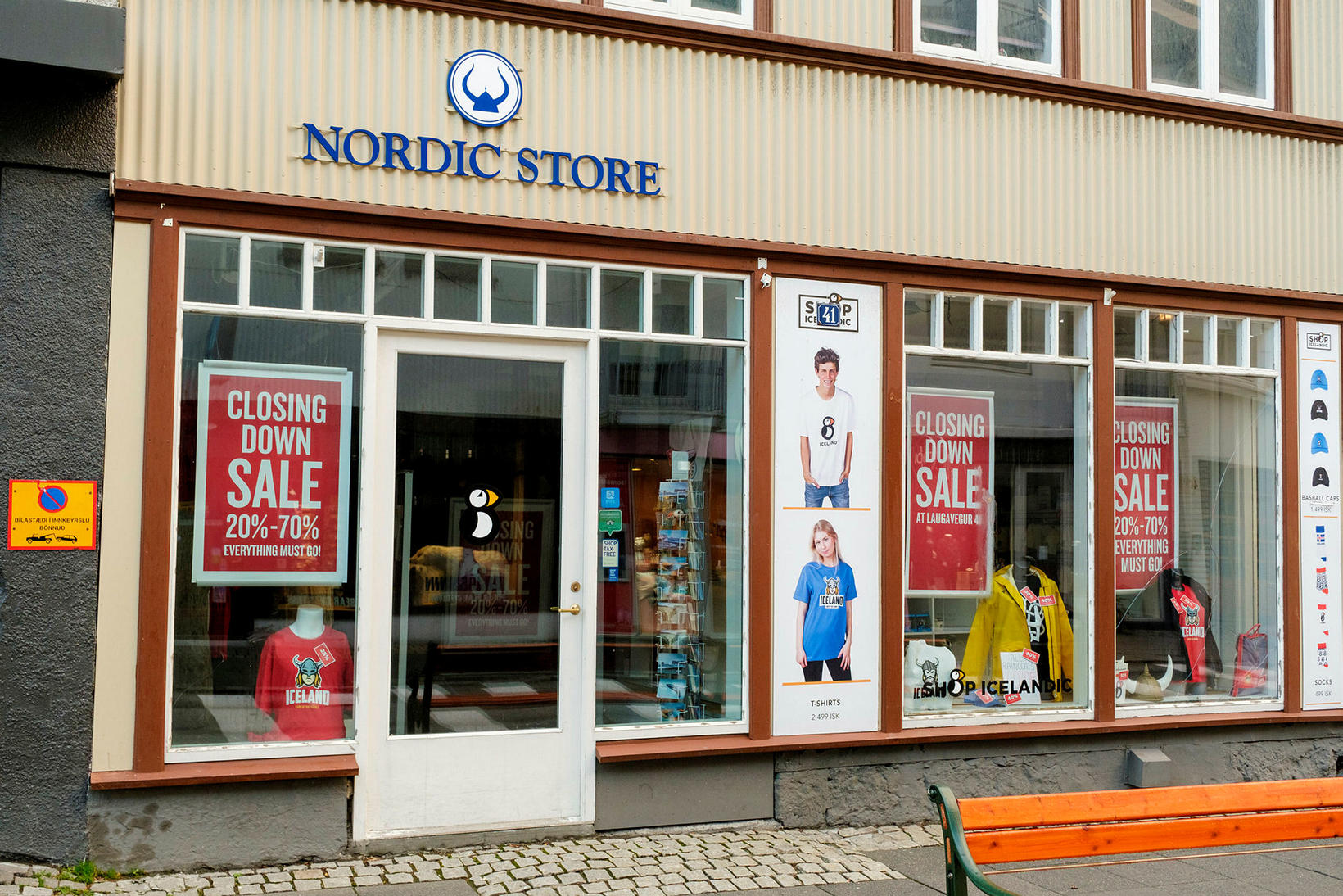
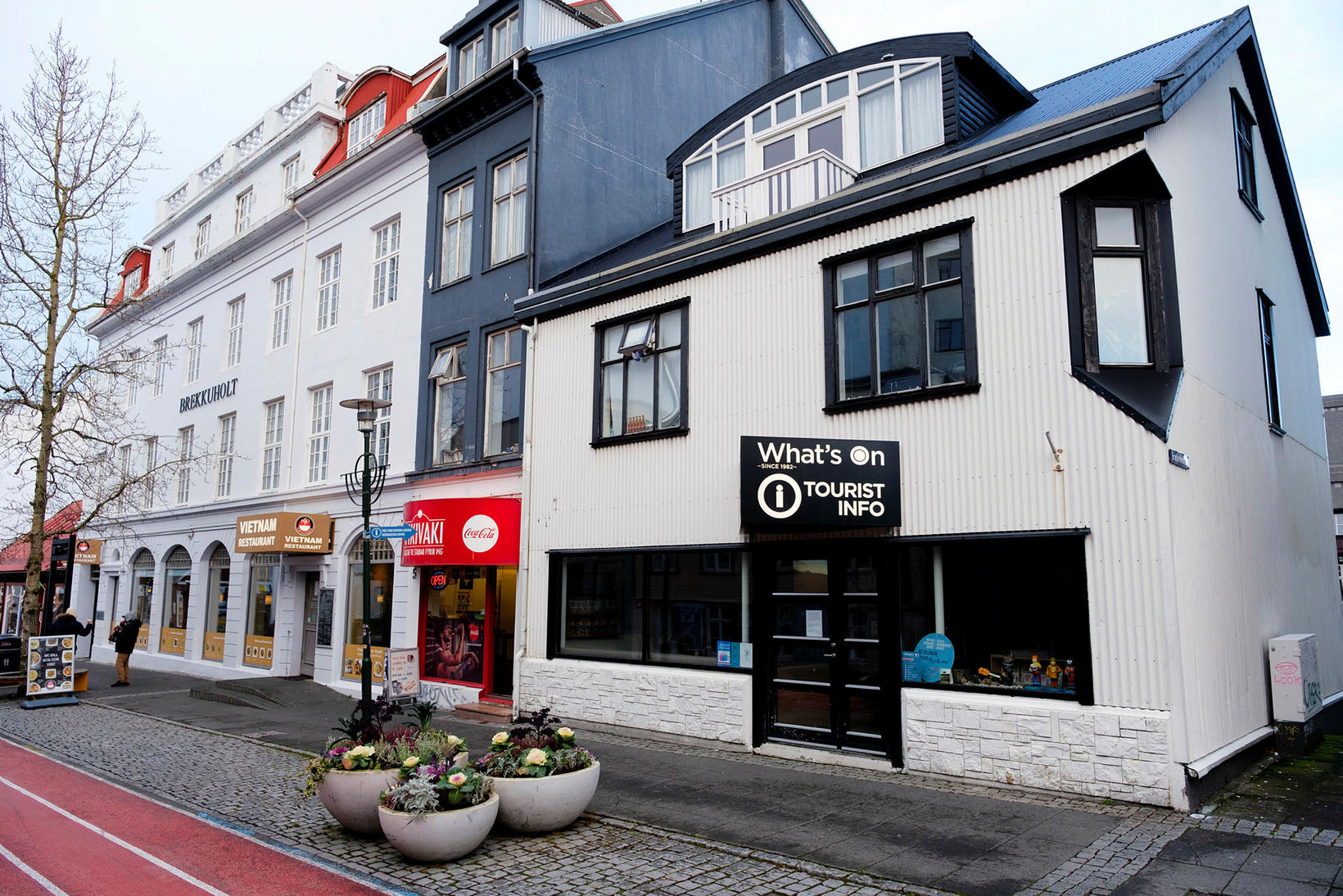
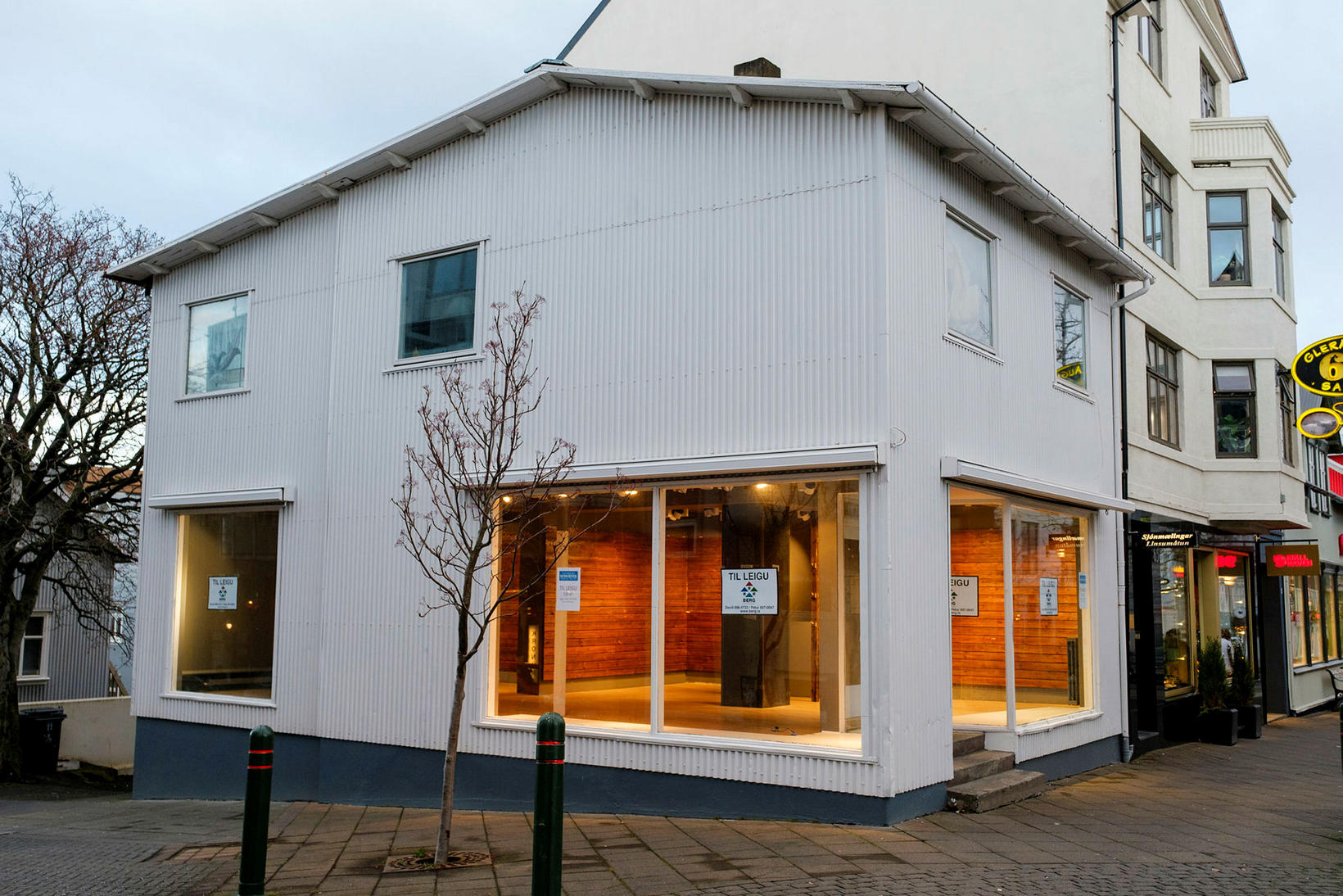
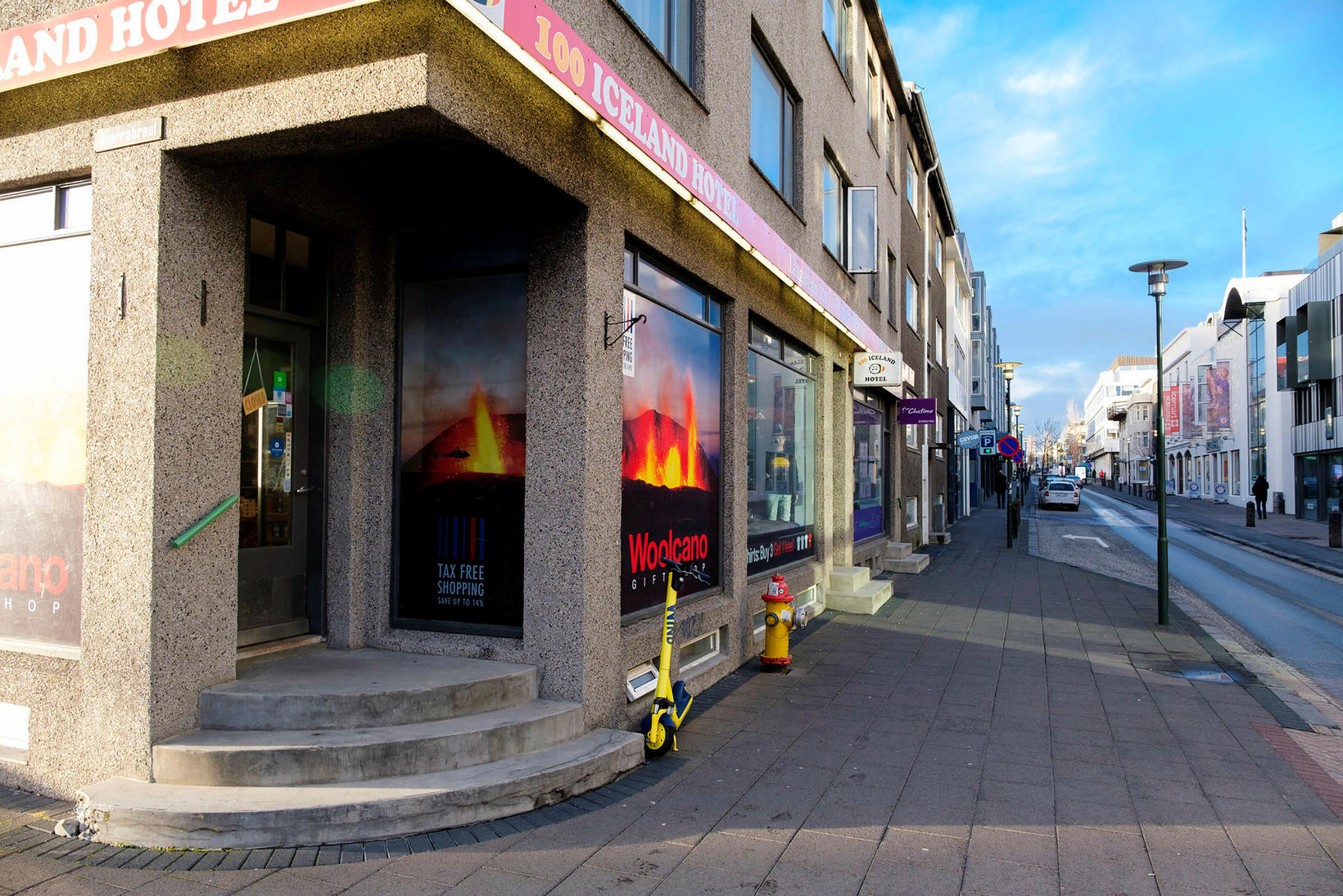
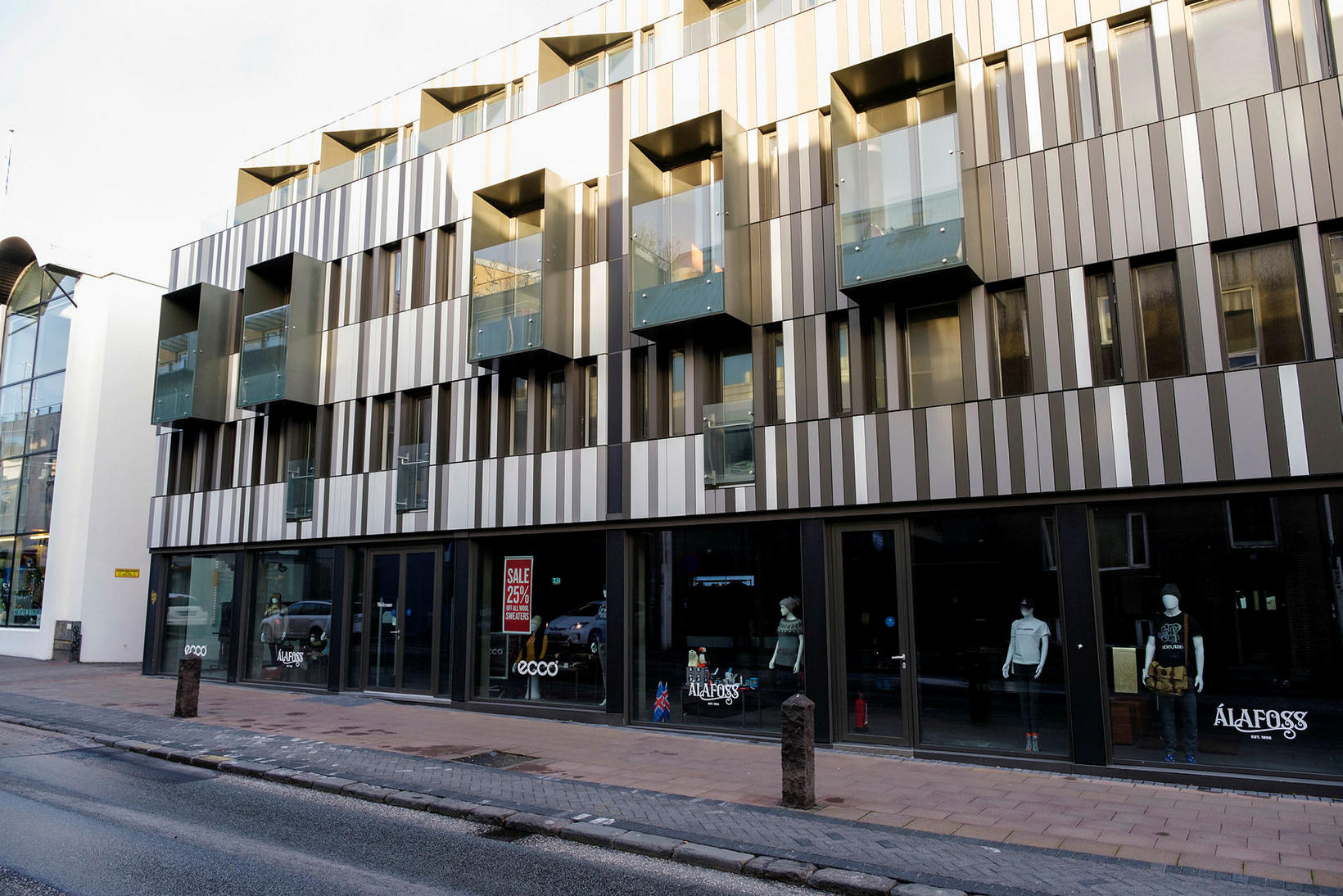
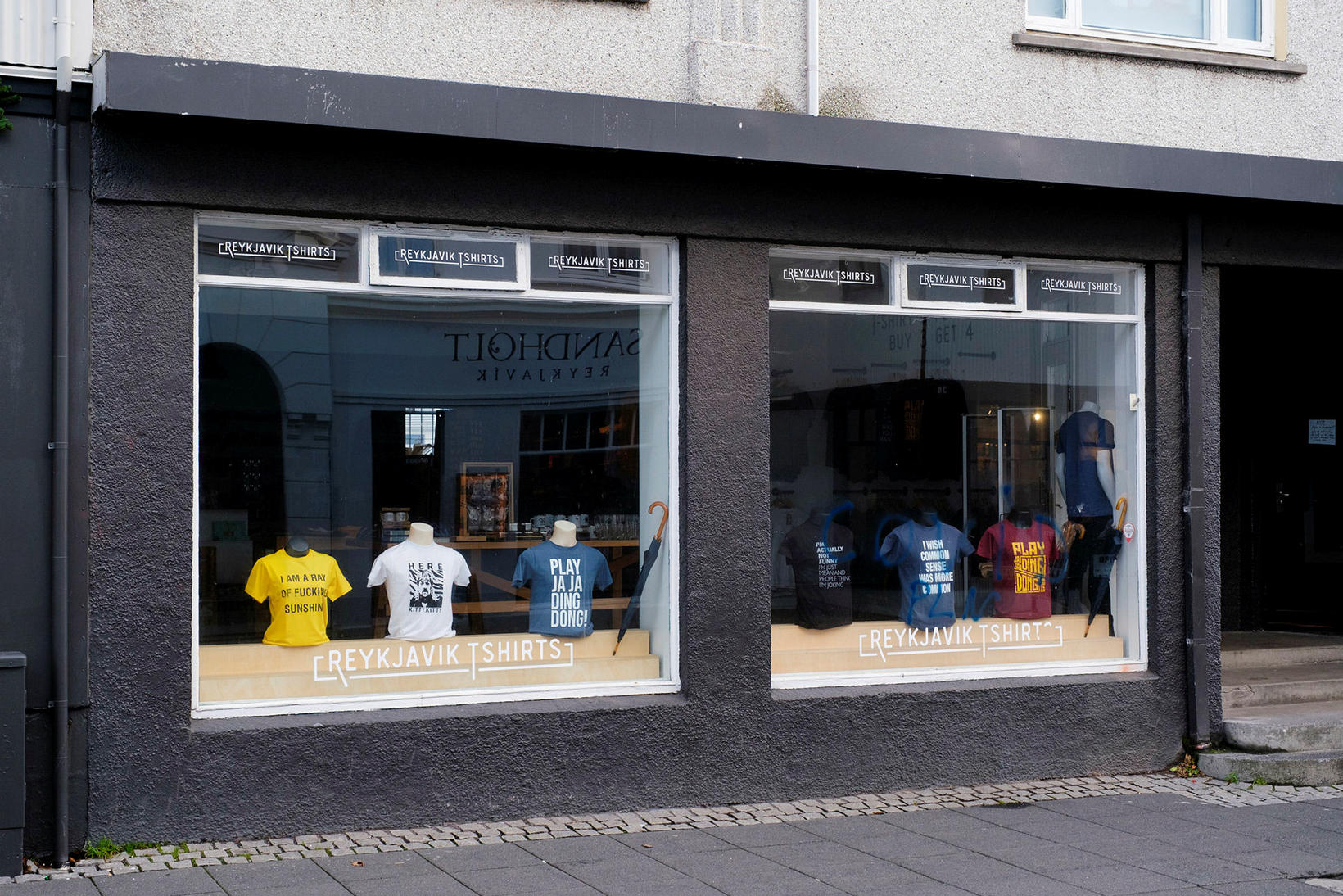
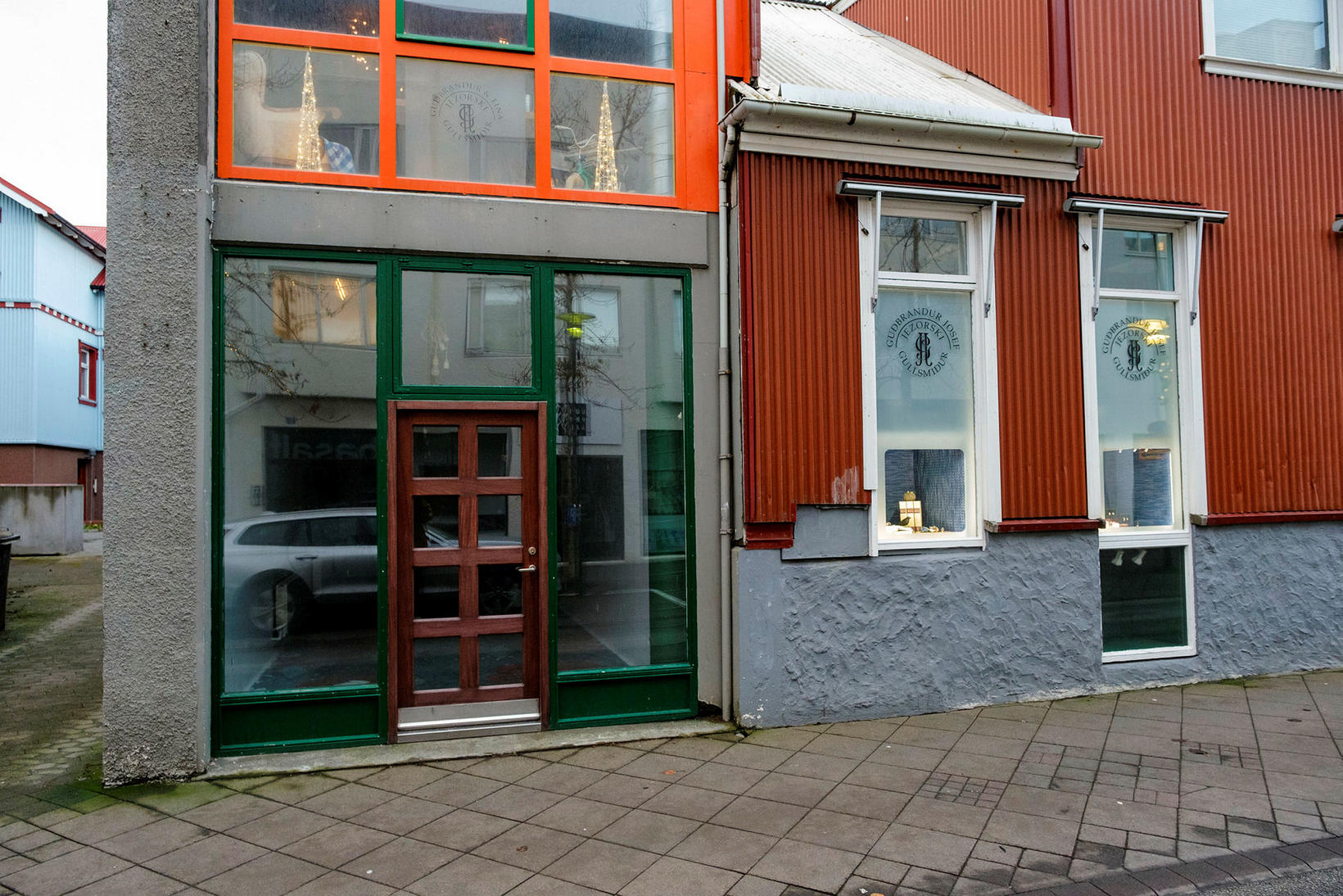
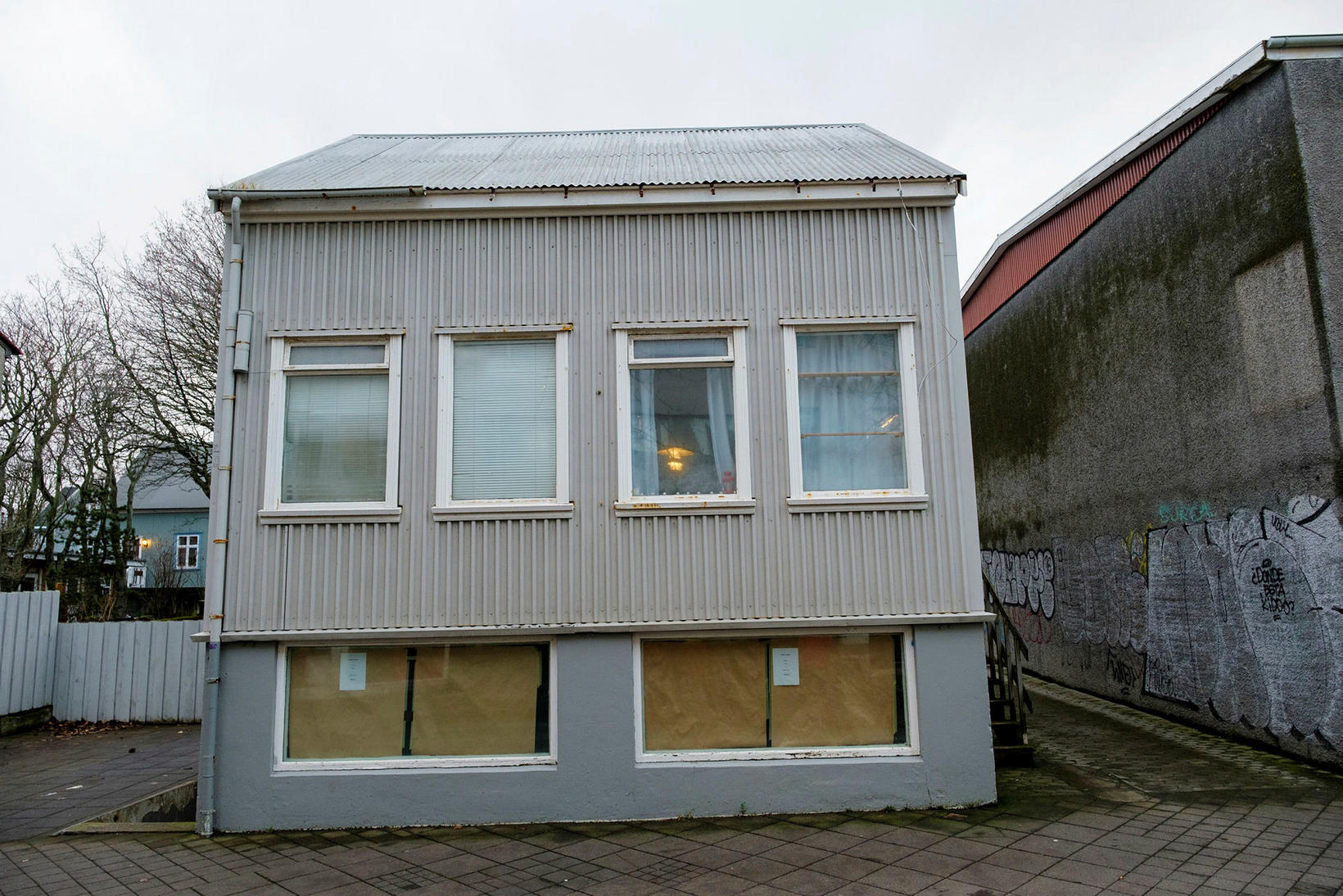
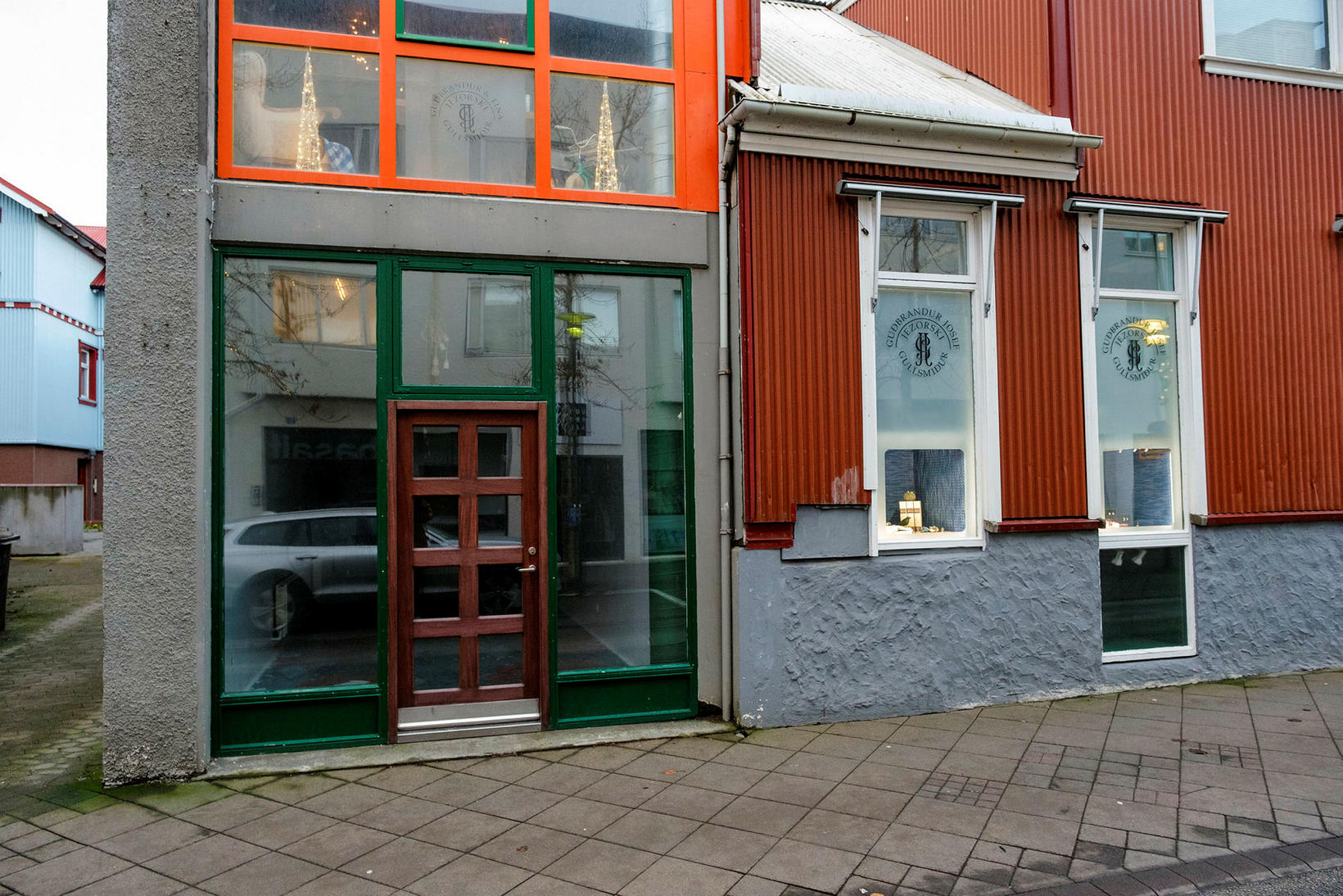
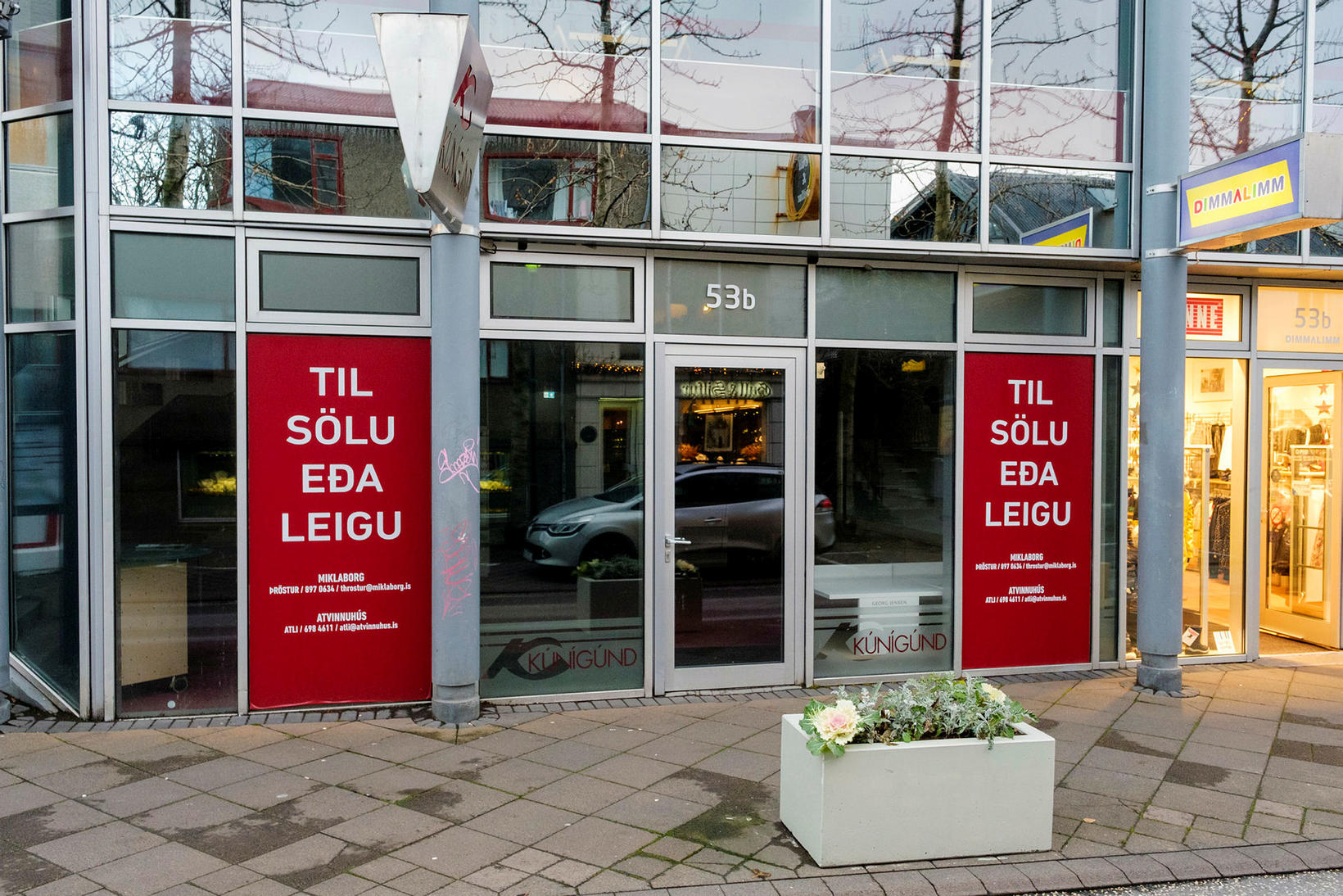
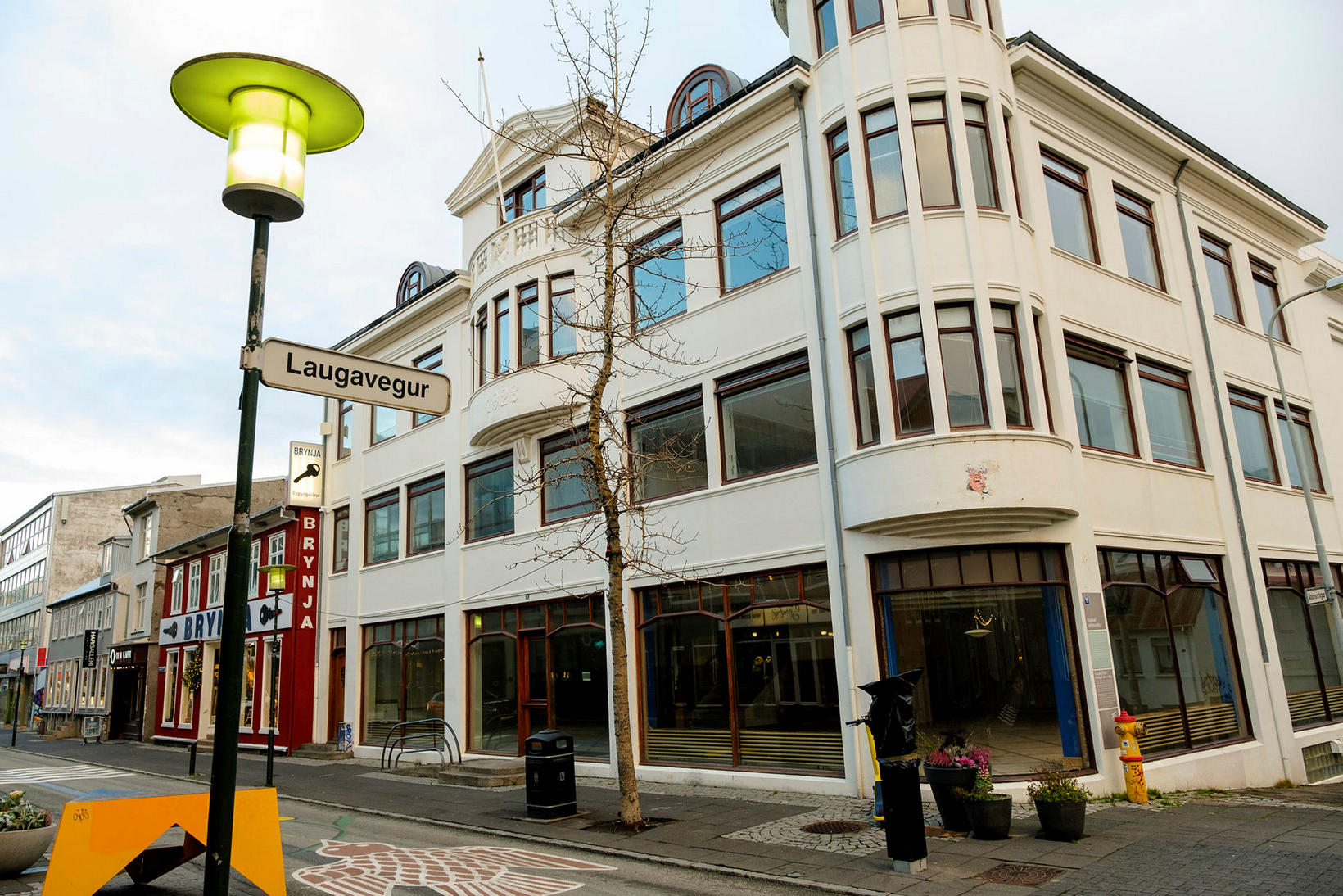
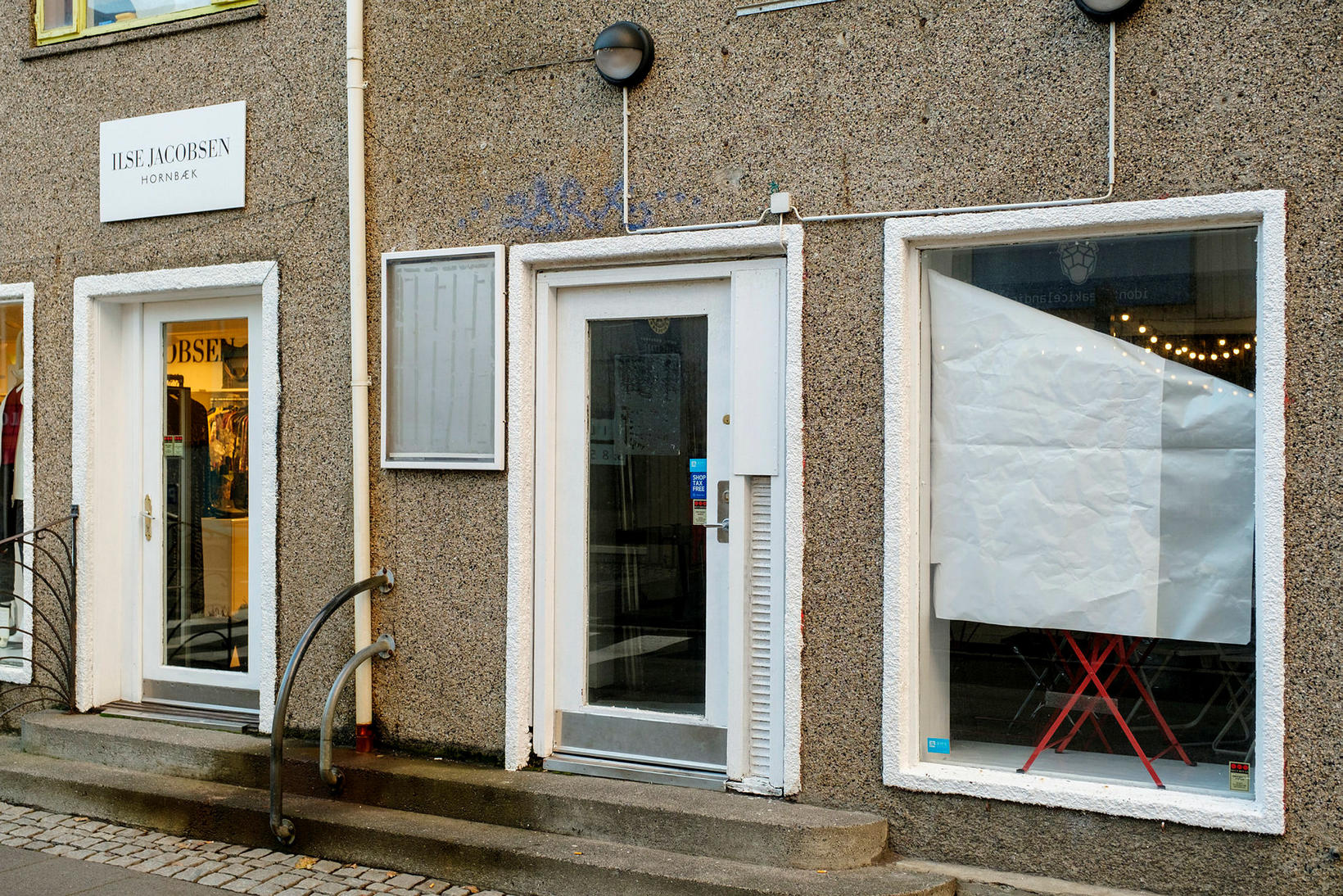
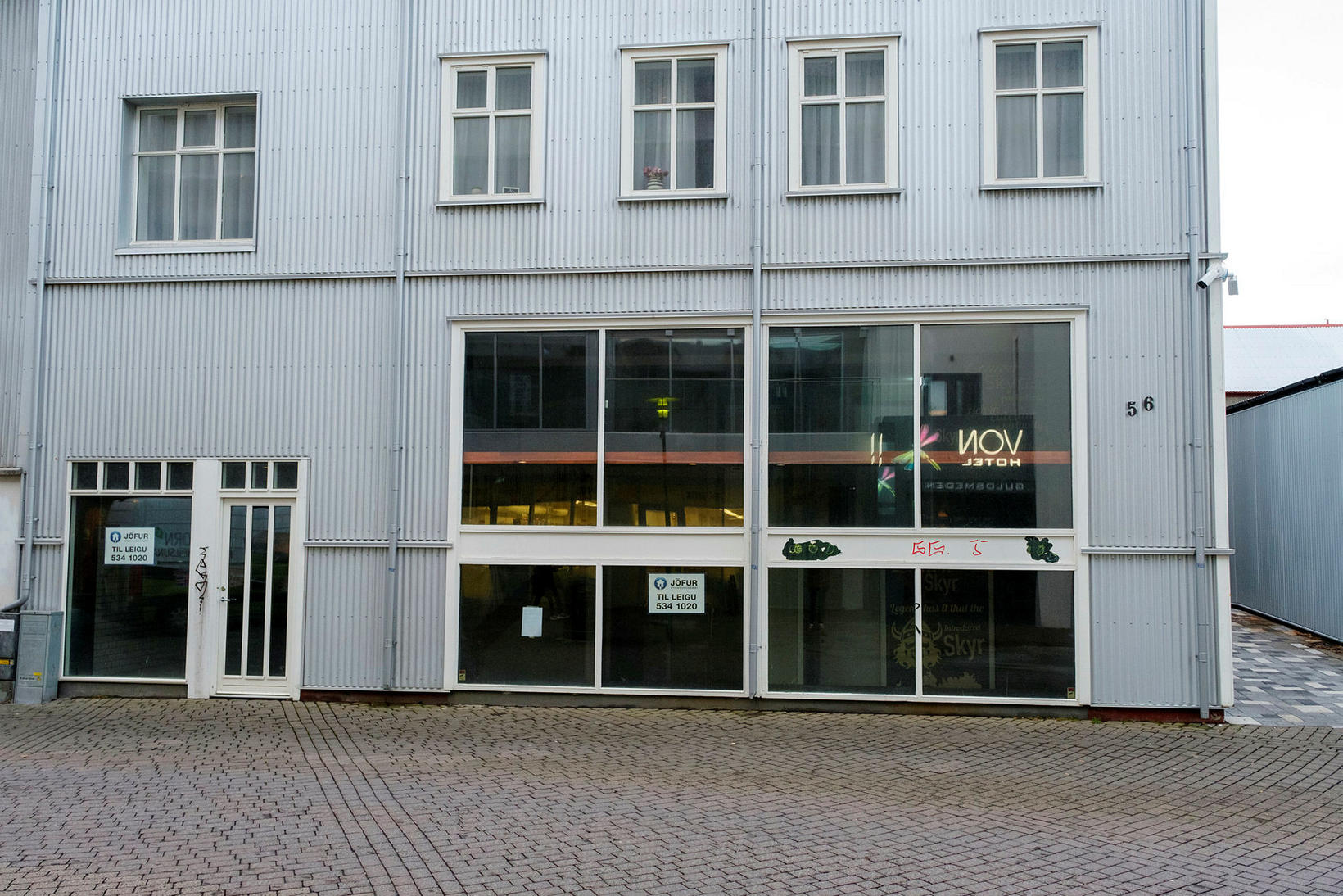
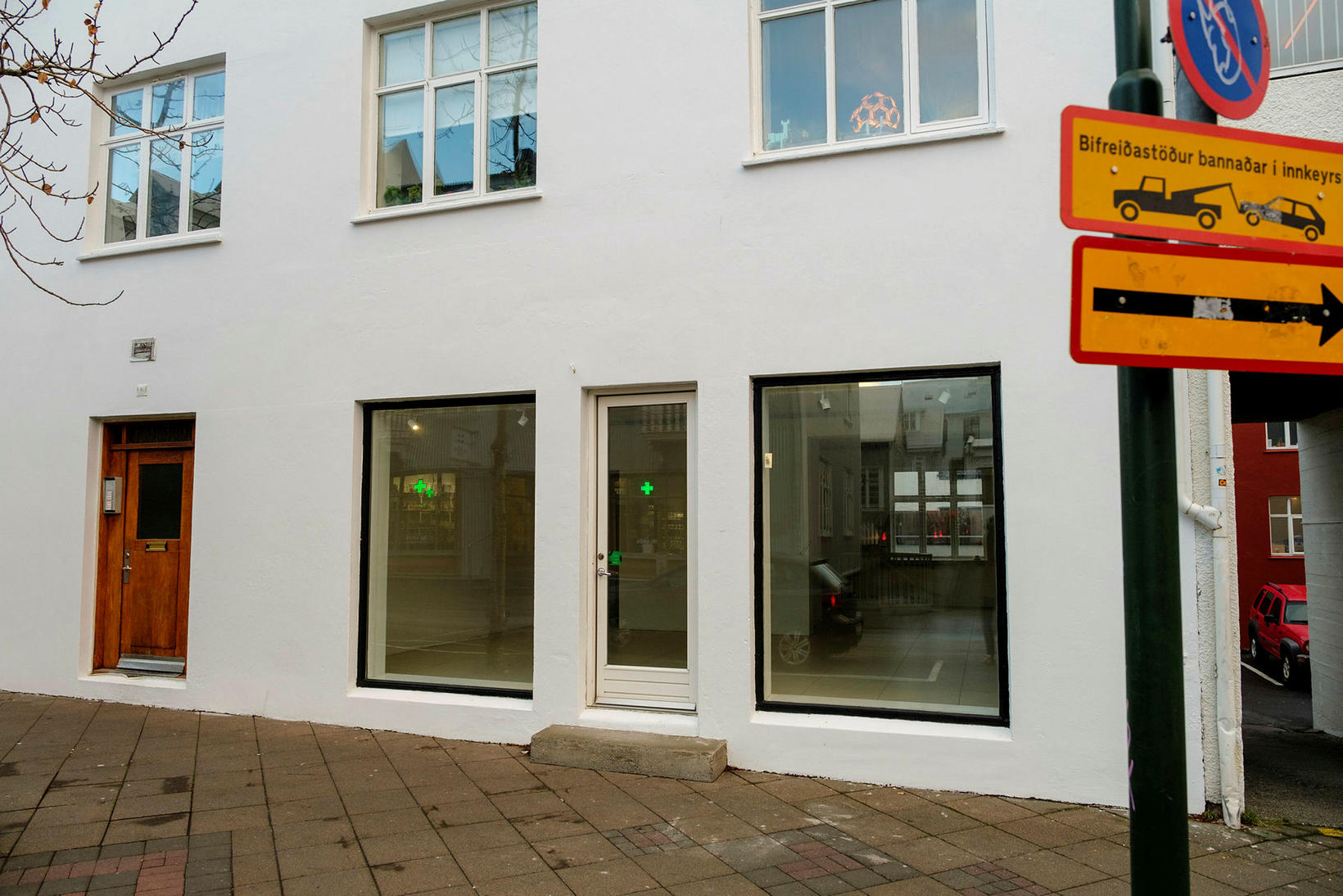



/frimg/1/60/10/1601046.jpg)


